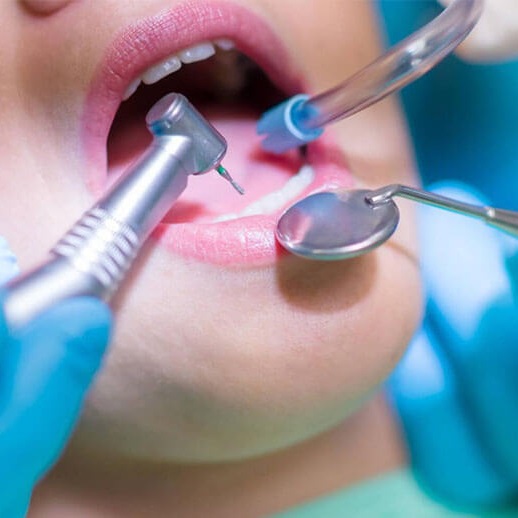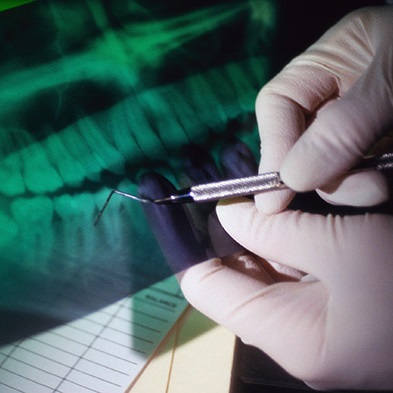Oral Surgery

When you hear the words "oral surgery," you may think of a hospital setting, general anaesthesia, and one or more days in recovery from this type of dental procedure. Because of that, you might be surprised to learn what is actually considered oral surgery in dentistry. Many dental procedures performed in a general dental office are considered oral surgery and patients who require such procedures are booked for it without the inconvenience of being put on a waiting list in a different office for treatment.
1. Wisdom teeth issues.
2. Corrective jaw surgery.
A. Misaligned jaw.
B. Reconstructive surgery following an injury.
3. Facial pain or TMJ/TMD.
4. Cleft lip and palate surgery.
5. Cancer in the face, jaw or neck area.
The third molars, known simply as wisdom teeth, erupt between the ages of 17 and 21 years old. The average person's mouth will comfortably hold 28 of the 32 teeth we are predisposed to have. Since the wisdom teeth are the last teeth to erupt, there is often little room left to accommodate their size and anatomy.

During your check-up, your dentist may take an orthopantomogram x-ray to diagnose the need for their removal. This x-ray gives the dentist a clear view of the area around the wisdom teeth, to determine the type of extraction necessary for each tooth. If you require surgery to remove your wisdom teeth, it is helpful to prepare yourself and your home before your appointment for a speedy recovery.
Wisdom teeth : Wisdom teeth are extracted because, they are erupting in to an abnormal position, such as tilted, sideways or twisted. They are trapped below the gum line due to lack of space. An infection has developed from trapped food, plaque and bacteria, known as pericoronitis. The way the patient’s teeth bite together has changed, causing misalignment of the jaws. The erupted wisdom tooth lacks proper hygiene, because it is hard to reach, resulting in tooth decay. Oral and maxillofacial surgeons specialize in dental surgery. Your dentist may choose to refer you to see a surgeon for your extractions. The most common reason for this is because of where the wisdom teeth are positioned and the difficulty level of the extraction.
Corrective Jaw Surgery :
• TMJ (short for temporomandibular joint pain) and dysfunction caused by trauma or deformation.
• Major or minor trauma to the jaw.
• Malocclusion or incorrect bite.
• Clenching, or grinding of the teeth, which causes excessive tooth wear.
• Difficulty chewing, eating, opening and closing the mouth, or talking.
• Incorrect jaw position, which can lead to an out-of-proportion facial appearance.